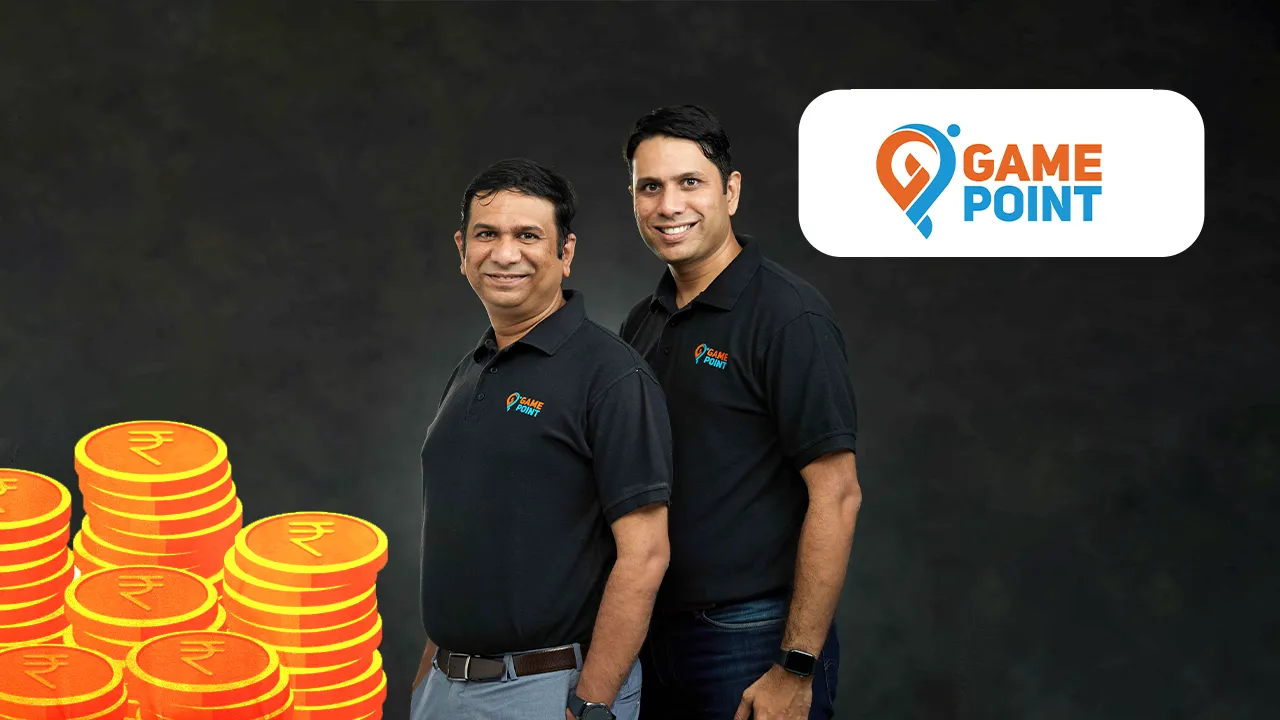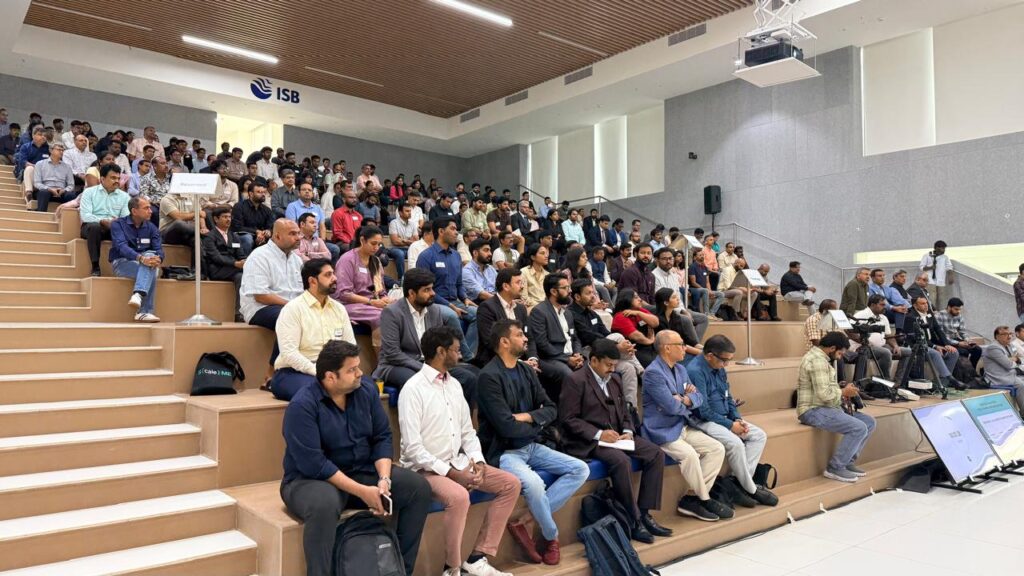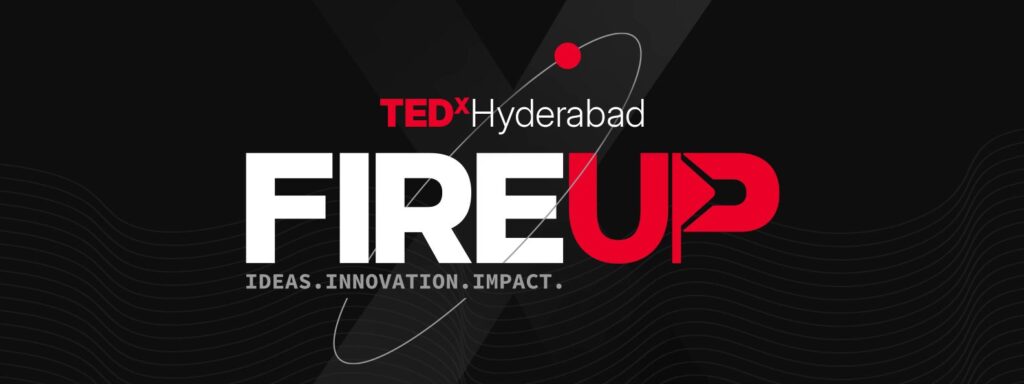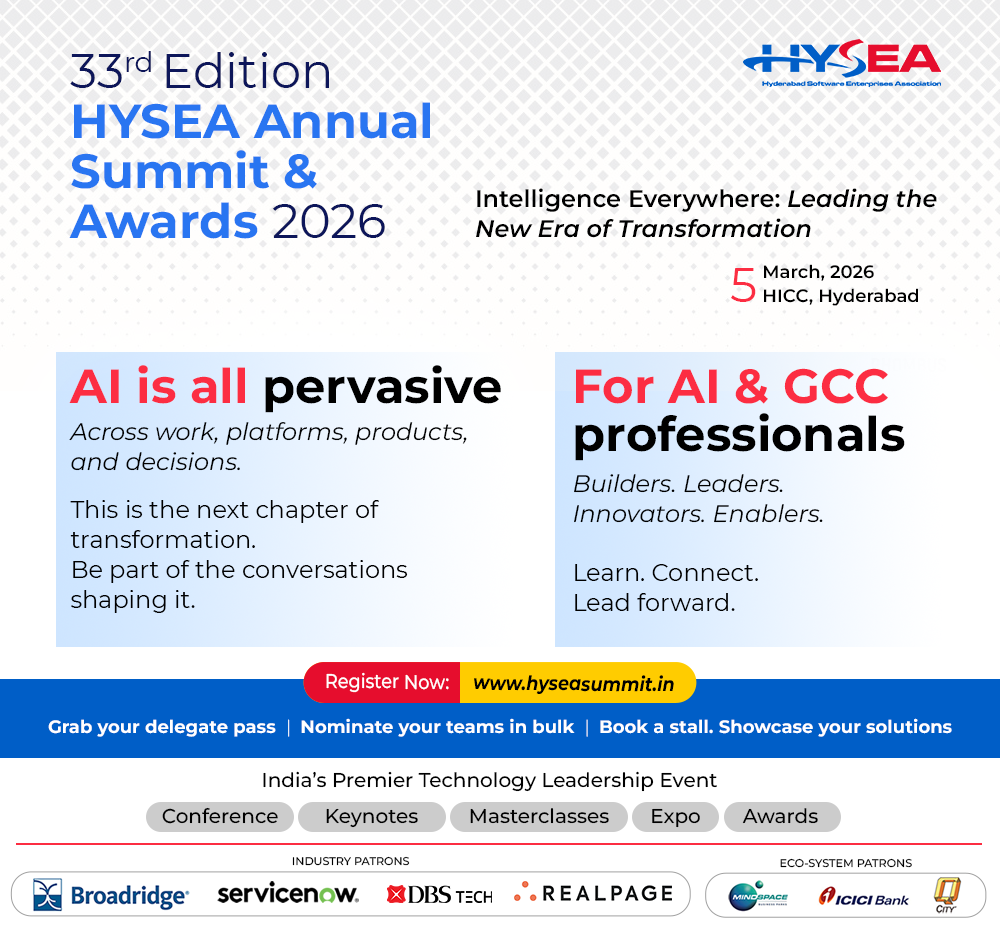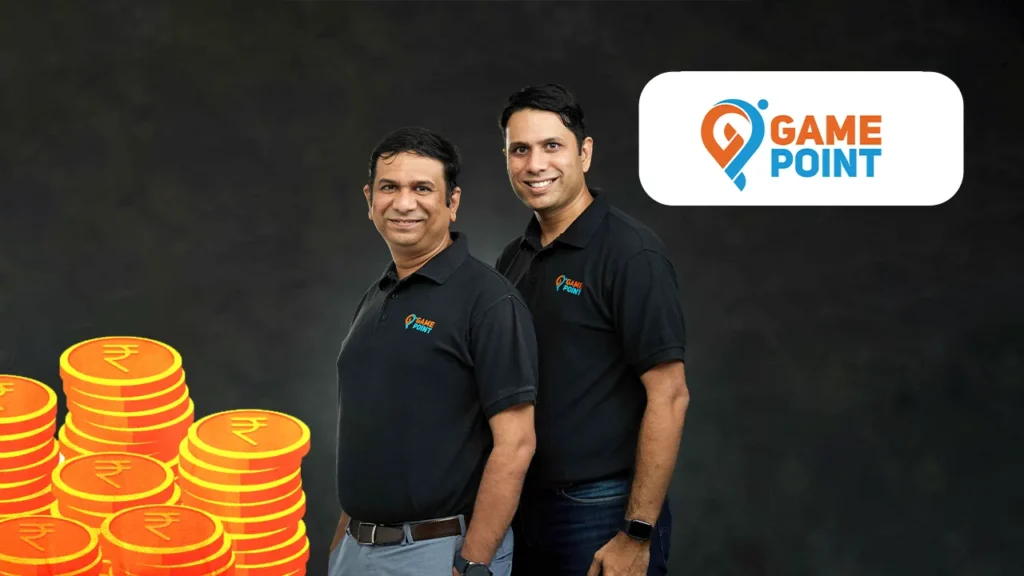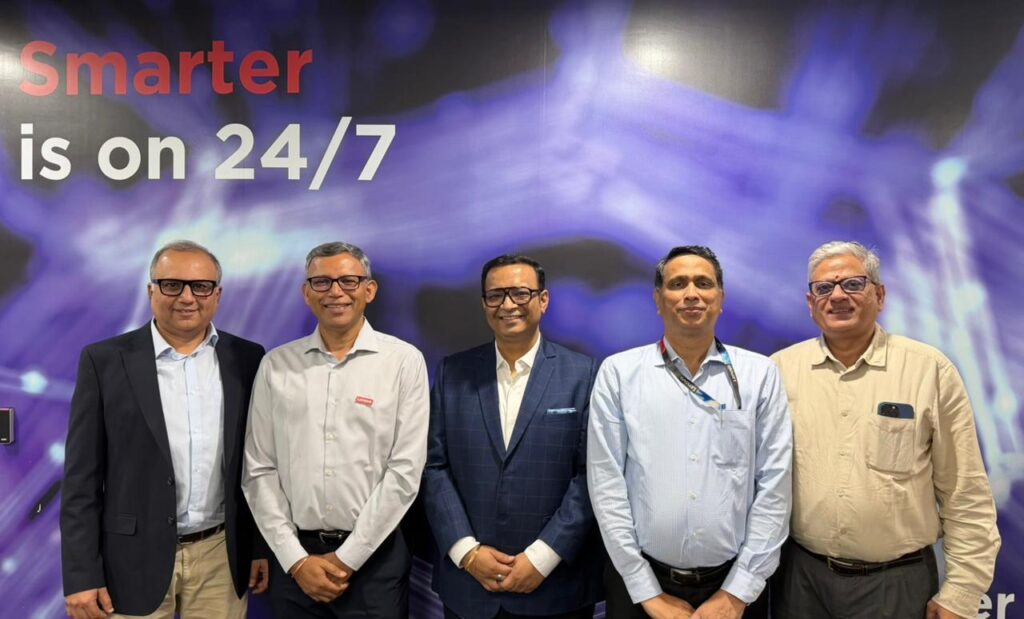According to Jon Bradford, founding advisor of Spark10, experience with an accelerator is an immersive education, where the company founders have to go through an intense, focused learning at a rapid pace. Learning-by-doing is vital to the process of scaling ventures, and the value of accelerators lies in how quickly it can accelerate that process for the incubated startups. Thus, founders compress years” worth of learning over a period of 3 – 6 months.
Accelerators were born out of the incubator concept that began in the late 1950s. It”s easy for entrepreneurs to get confused between incubators, accelerators, angel investors and venture capitals. Incubator programs generally vary from 1 – 5 years with a minimal mentorship time. Whereas accelerators are fixed-term programs generally lasting from three months to six months with an intense mentorship and networking schedule.
In a traditional acceleration program, startups need to co-locate with the accelerator for the jam-packed investor sessions, workshops, mentor meets, reviews boards, industry visits, and strategy meetings. All this for a seed capital 10 Lakhs for a fixed equity.
 image source: freepick
image source: freepick
With the constant change in the startup ecosystem, investor mindset and disruptive technological advancements, accelerators have no choice but to experiment and evolve accordingly in order to support the new generation startups better.
Let us take a look at the diverse types of accelerators and their modus operandi:
Partnerships/Collaboration with major corporations.
Large corporations are always on the lookout to introduce cutting edge technologies and innovation into their services and products. Associating themselves with an accelerator helps them find such companies efficiently without much effort.
On the other hand, startups can leverage their partnership with these companies to build expertise in product development and access to markets without pumping in millions of dollar.
In-House accelerators
Unicorn and multi-national companies figured out that they can actually train and support aspiring entrepreneurs by getting involved in the in-house innovative projects instead of having to pay millions later to acquire them.
Opening an accelerator is a strategic decision that allows big corporates to stay relevant and competitive in a rapidly changing economy, Microsoft”s general manager of accelerators Zack Weisfeld.
Targeted Sector
A few years ago, accelerators used to recruit all types of companies instead of focusing on specific industries. But as the programs evolved, with time, accelerators became more nuanced in targeting companies from specific industries or specific demographics regarding startup process or founder experience. Europe’s Entrepreneur First is specializing in recent college grads. Another accelerator called 500 Startups, started Distro Dojo, a specialized program for companies who have already raised seed money. Accelerators should continue to brand themselves by founder demographics and startup stages, rather than acting as all-encompassing entities in which all startups are welcome.
Flexible Equity
Instead of taking a uniform percentage at the entry point, accelerators started experimenting with different strategies. Variable equity for the fixed valuation, fixed equity for variable seed capital or convertible bond so that the focus shifts on the support providing and growth of the startups rather than on the management fees.
In 2015, Techstars initiated an equity back guarantee program, they now offer startups a chance to lower or eliminate how much equity to give up. If the startups aren”t satisfied with the acceleration program they have the option to reject the standard plan within three business days after the program ends.
Academic Integration
Accelerators are also experimenting with the idea of academic integration into their program by tying up with top MBA schools and universities are coming up with their own acceleration programs to support the entrepreneurship within the localities.
The University of Pennsylvania is pioneering a new approach to entrepreneurship by combining academic applications with practical experience.
In conclusion
The best [accelerator] programs have a substantial impact. The worst programs can probably cause damage.-Dave McClure
Startups need to be real careful while joining an acceleration program and devoting their precious time and resources for over a period of 3-6 months. An ill-suited program can do more damage and stagnate the company”s growth altogether. Startups need to be a part of a program in which they can see long-term partnership and future growth.
There are just too many incubators and accelerators and some of them will merge or disappear. Only the best will survive.-Martin Ihrig
At Spark10, we recognized the need to re-invent our program to cater to the varied needs of all technology and technology-enabled startups, at diverse stages in the growth spectrum. Our new program is designed to deliver support to our startups for an extended period, allowing entrepreneurs to focus more on their business in the near term. All this with double the capital investment as compared to previous cohorts!
We also offer mentorship to companies that have progressed beyond idea and MVP stage and are already funded or don”t need investment from us, so that they can scale-up. For companies that are at MVP stage, we offer mentorship and capital to build the business. For idea-stage companies, our team of experts helps in transforming an idea to MVP to a sustainable business by offering guidance, capital, and mentorship.
So, if you are a startup founder in need of advice, mentorship, capital or all of the above, visit www.spark10.com and apply to our newest cohort here. Applications open on June 14th. If you still have any queries, please drop a line at hello@spark10.com



